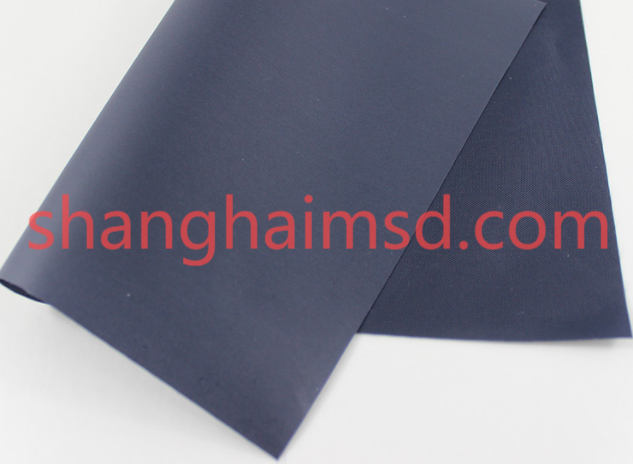In disaster relief and emergency response, the speed and reliability of shelter materials can make a significant difference. Governments, humanitarian organizations, and NGOs require solutions that are quick to deploy, weather-resistant, and cost-efficient. In this context, PVC Tarpaulin fabric stands out as an essential resource, offering versatility and dependable performance under pressure.
Whether responding to natural disasters like earthquakes and floods or assisting displaced communities, relief operations often rely on temporary shelters, medical stations, and storage tents. PVC Tarpaulin fabric is particularly effective in these settings because it provides immediate coverage, protects against rain and sun, and remains structurally sound over extended periods.
Shanghai MSD International Trade Co., Ltd. supplies durable, field-tested tarpaulin materials used in global emergency kits. Their products are engineered with a woven polyester base and dual-sided PVC coating, allowing them to withstand harsh environments while maintaining flexibility. These fabrics are also treated for UV resistance and fire retardancy—both crucial for safety in densely populated temporary camps.
One major advantage in emergency logistics is the fabric’s adaptability. It can be quickly unrolled, stretched over a simple frame, and fastened with hooks or ropes to form shelters or makeshift medical tents. Its waterproof surface ensures that equipment and supplies stay dry, even during heavy rainfall or in flood-prone areas. Unlike traditional canvases, the PVC coating prevents water absorption and minimizes bacterial or fungal growth.
Relief organizations also use this material to create mobile kitchens, latrine screens, and weather barriers. Shanghai MSD offers versions in multiple colors, including white for maximum light reflection and blue or green for camouflage and privacy. The company’s custom-cut service means tarps can be pre-sized to fit standardized shelter kits, speeding up field operations.
Storage is another critical consideration during emergency deployments. Medical supplies, food rations, and power generators must be shielded from heat and moisture. Tarpaulin-covered storage units or partitions within larger tents help protect these assets. Thanks to the fabric’s abrasion resistance and reinforced seams, it can endure rough handling and frequent repositioning without degradation.
The importance of reusability cannot be overstated in long-term crisis zones. These tarps are designed to last through multiple uses and can be cleaned, folded, and redeployed as conditions change. When properly maintained, a single piece may serve in various functions across different projects, helping organizations reduce operational costs.
Shanghai MSD contributes to humanitarian efforts by ensuring all materials meet international compliance standards such as ISO and REACH. The company also focuses on logistical support—offering timely global delivery, multilingual technical documentation, and packaging suitable for air or sea freight. These efforts ensure that their PVC Tarpaulin fabric arrives where and when it is needed most.
Environmentally responsible sourcing is also a growing concern in disaster response. Many of MSD’s tarpaulin products are manufactured with low-toxicity formulations and are recyclable after use. This supports sustainability goals, especially in situations where waste management is a concern.
Emergency shelters made from tarpaulin have become a visual symbol of aid and protection. With the right quality materials in place, responders can offer safe, temporary solutions for those in urgent need.For more information on Shanghai MSD’s relief-ready tarpaulin solutions, visit: https://www.shanghaimsd.com/

